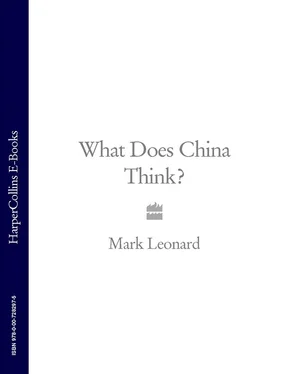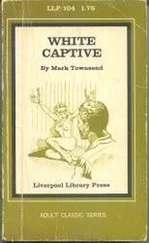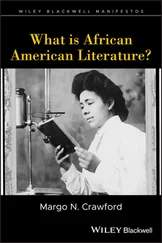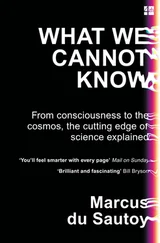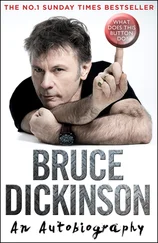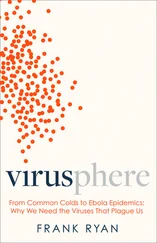The ‘New Left’ disagree that state-owned companies will necessarily underperform, arguing that they too can recruit professional managers from the market who could be rewarded or punished according to their performance. What worries the ‘New Left’ most are the social costs of privatization. State Owned Enterprises, for better or worse, provided an ‘Iron Rice Bowl’ for their workers: as well as paying workers a salary, they organized education, pensions, housing, healthcare and even sport. Privatization and economic restructuring has not just deprived millions of workers of jobs, it has stripped them of the social protection that made their families’ lives viable as well. The fact that China has gone from full employment to a situation where there are 40–60 million unemployed – as well as tens of millions of migrant workers ( mingnong ) who live as exiles in their own country with no rights because they have no certificate of residence – has led to work becoming a commodity. The Chinese political elite have been divided for over a decade over the idea of introducing a law to protect private property. Wang Hui talks for many in the ‘New Left’ when he says ‘we have nothing against protecting private property, but shouldn’t we also have a law to protect public property?’
Cui Zhiyuan has an even more radical idea: a new way of sharing the profits of China’s State Owned Enterprises. China’s 169 biggest companies declared net profits of over 600 billion Yuan ($75 billion) in 2005. But in spite of their enormous profits China’s state companies do not pay dividends to their main shareholder: the state. The government is finally preparing to ask these firms to pay up. However, Cui Zhiyuan wants them to give the dividends to the people rather than the government. His model comes not from China’s socialist past, but from Alaska. Since 1982, the government of this bleak polar state has used some of the income generated by its massive oil reserves to set up a giant trust fund for its citizens, paying them a ‘social dividend’ worth thousands of dollars every year. Cui Zhiyuan argues that profits of State Owned Enterprises should be treated like Alaskan oil, going to the mass of Chinese people rather than a wealthy elite. He claims that this social wage would help to remove Chinese insecurity, allow citizens to take low-paying jobs and increase domestic consumption.
China’s ‘New Left’ do not just worry about the social impact of China’s breakneck development; they also worry about an environmental nightmare. On my own visits to Beijing, I always know when my plane has entered Chinese airspace: the pollution is so bad that I cannot see the ground. China’s air, water and land are being laid waste by the country’s relentless pursuit of economic growth. As development advances from the eastern coasts, the hinterland is becoming a barren, hellish wasteland – the poorest regions have been transformed into a dumping ground for industrial detritus. Two-thirds of China’s electricity comes from dirty coal, with a new coal-fired plant built every week. China’s factories blurt out toxic fumes and dump chemicals and waste in the rivers and lakes. Chinese agriculture uses fertilizers that are banned in the rest of the world. Already a quarter of China’s land has turned to desert, as a result of deforestation, and this is spreading at a rate of 2,460 km a year. As a result 30 per cent of China has acid rain; 75 per cent of lakes are polluted and rivers are contaminated or pumped dry; and nearly 700 million people drink water contaminated with animal and human waste. There is a shortage of arable land, as millions of peasants find that their fields are confiscated for development or contaminated by chemicals.
Конец ознакомительного фрагмента.
Текст предоставлен ООО «ЛитРес».
Прочитайте эту книгу целиком, купив полную легальную версию на ЛитРес.
Безопасно оплатить книгу можно банковской картой Visa, MasterCard, Maestro, со счета мобильного телефона, с платежного терминала, в салоне МТС или Связной, через PayPal, WebMoney, Яндекс.Деньги, QIWI Кошелек, бонусными картами или другим удобным Вам способом.
